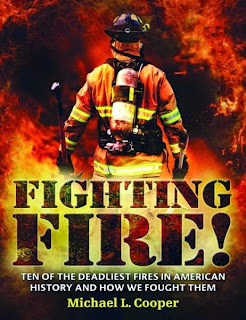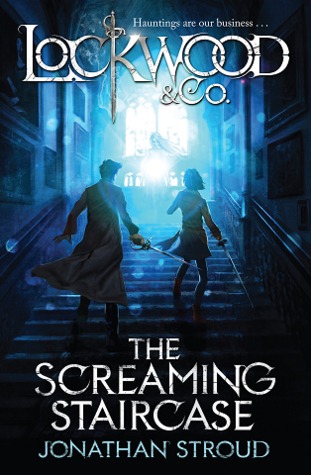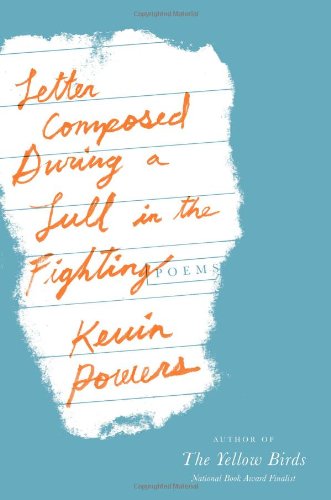 I have a number of reactions to report with this review of SAY WHAT YOU WILL by Cammie McGovern.
I have a number of reactions to report with this review of SAY WHAT YOU WILL by Cammie McGovern.1) I discovered it while browsing the new releases at the bookstore. Really glad I selected it!
2) As I read it, I was pleasantly surprised to identify it as a romance that might appeal to some guy readers.
3) Although I was usually one jump ahead in the plot, there were still enough twists to keep me up all night turning pages.
Amy, a victim of cerebral palsy (CP), is headed into her senior year of high school. She walks with the aid of a walker and speaks with the help of a computerized device called a Pathway. Through the years she has had adult aides to help her get to classes and deal with the physical requirements of her condition. She was used to eating her "special" lunch in a staff lunchroom and having the ever present adult act as a go-between to communicate with students and staff. Amy may have needed individualized assistance for some things but not with her classwork. Amy found schoolwork a breeze, and as a result, her mother was busy planning her final year of high school and the application process for all the colleges she hoped her daughter could attend.




 Today is the centennial anniversary of the start of World War I, once known as "the war to end all wars." (If only.) It was 100 years ago today that Archduke Franz Ferdinand and his wife, Sophie, Duchess of Hohenberg, were assassinated by a Serbian nationalist. As noted in this recent article in
Today is the centennial anniversary of the start of World War I, once known as "the war to end all wars." (If only.) It was 100 years ago today that Archduke Franz Ferdinand and his wife, Sophie, Duchess of Hohenberg, were assassinated by a Serbian nationalist. As noted in this recent article in 









 There's a longstanding tradition of poems about war. Think of "The Charge of the Light Brigade" by Alfred, Lord Tennyson, or "Dulce et decorum est" by Wilfred Owen. Or
There's a longstanding tradition of poems about war. Think of "The Charge of the Light Brigade" by Alfred, Lord Tennyson, or "Dulce et decorum est" by Wilfred Owen. Or 